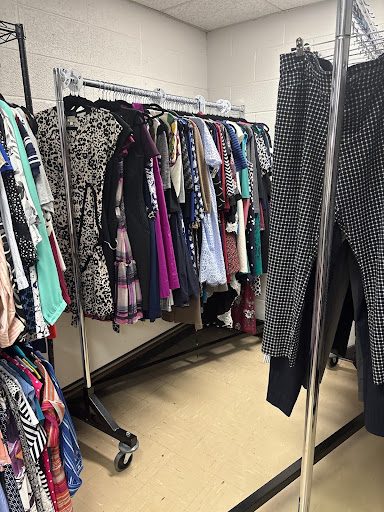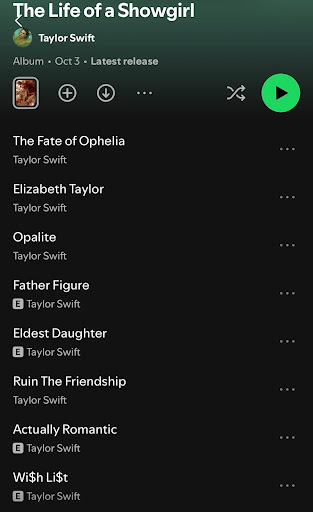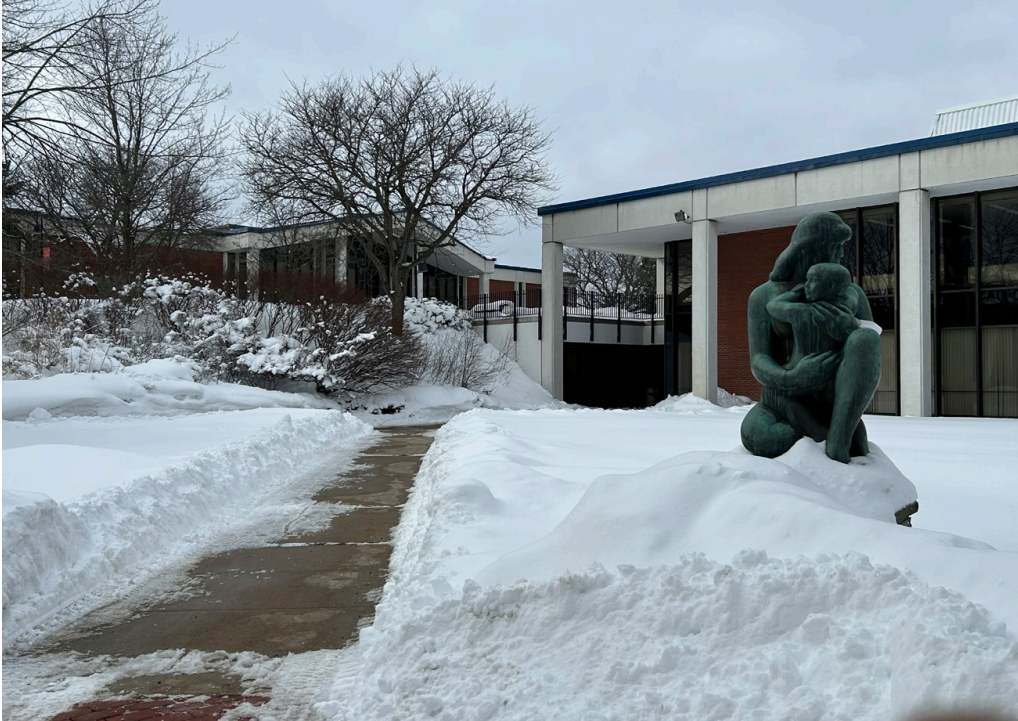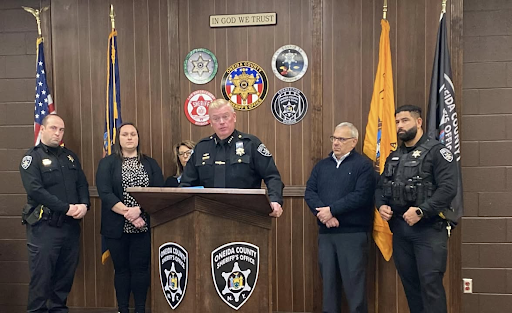Tensions ran high inside Utica’s Common Council chambers on March 19, as residents and council members grappled with the potential impact of a proposed property tax increase.
Though the official agenda included a variety of city matters—from ice clearing to police oversight—it was the looming tax hike that generated the most discussion, both from the public and elected officials. Following four years of a 0% tax rate under the previous administration, the council now faces steep fiscal challenges and strong pushback from residents, many of whom voiced concerns about affordability, fairness and a lack of transparency in city spending.
The evening’s central focus was the city’s budget for the 2025-2026 fiscal year, particularly how to address financial shortfalls without overburdening taxpayers. The council debated a proposed local law suspending the 3% cost-of-living salary increase for city officials, including the mayor, comptroller, treasurer and council members. Sponsored by Councilmember Samantha Colosimo-Testa, the measure aimed to reduce city expenditures but faced pushback from some members and attendees concerned about broader fiscal issues.
“We understand that everyone is feeling the financial strain, and we want to ensure that we are not adding unnecessary burdens on the city’s residents,” said Councilmember Jack LoMedico, urging patience as the council worked through difficult decisions.
During a special meeting Thursday, March 21, the Common Council unanimously approved a revised version of the budget. The final plan included a significantly reduced property tax increase of 3.13%—a notable drop from the originally proposed 9.77% hike. The updated $91.4 million budget represented a compromise between fiscal necessity and public outcry.
Despite discussions about cost-saving measures, some council members and residents argued that the decision failed to address deeper financial issues, including the legacy of previous budget cuts. One resident, who wished to remain anonymous, pointed out that the past mayor had maintained a 0% tax rate for the last four years, leaving the current administration to make difficult financial choices.
“We’re paying the price now for those decisions,” the resident said, voicing frustration over the city controller’s opposition to tax increases and the council’s struggle to find alternative solutions.
The meeting saw heated discussions about potential tax increases and their impact on homeowners. Many residents expressed concerns about the rising cost of living, with some, like Beverly Reynolds of Utica, arguing that while a tax cap is necessary, it should not come at the expense of essential city services.
“Everything is getting more expensive, but our pay isn’t increasing at the same rate,” Beverly said. “We need accountability from our leaders so that homeowners, especially elderly and retired residents, aren’t forced out of their homes.”
While the majority of votes cast during the meeting passed with unanimous 9-0 approval, one issue that created division among council members was related to the composition of the Bureau of Police. Some members pushed for structural changes, while others felt such decisions should be made with more public input and careful planning.
Beyond budget and tax discussions, residents took the opportunity to voice their frustrations about several long-standing issues:
- Ice clearing: One resident, who had suffered a broken arm following a slip and fall on Genesee Street two months ago, criticized the city’s response to winter weather, citing ineffective ice removal from roads and sidewalks.
- Garbage bag prices: A resident questioned how the revenue generated from city-mandated garbage bags is being used, expressing frustration that taxpayers are already contributing heavily to city services and should not be expected to pay extra without clear justification.
- Potholes: Several residents expressed dissatisfaction with the condition of Utica’s roads, urging the city to allocate more funds toward infrastructure repairs.
- Rising rent costs: One man raised concerns about unfair landlords and rent surcharging, emphasizing that tenants are already struggling with high living expenses. He also urged council members to spend more time focusing on this aspect of the city’s cost of living, rather than find new ways to increase residents’ taxes.
As the meeting wrapped up, the council acknowledged the growing frustration among residents and the need for long-term solutions to Utica’s financial challenges. While some measures were taken to address immediate budget concerns, the council did continue debating how to balance revenue generation with affordability for residents during future meetings.














































































































































